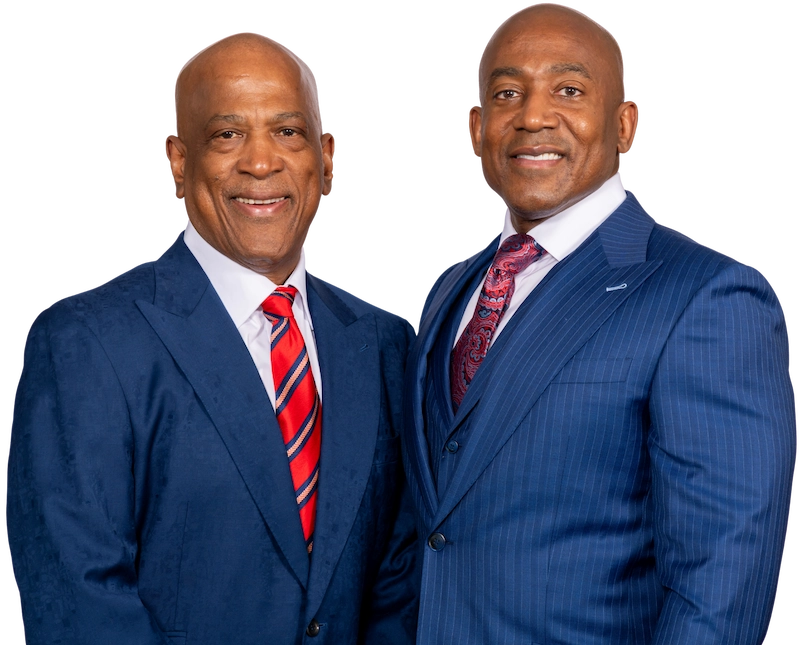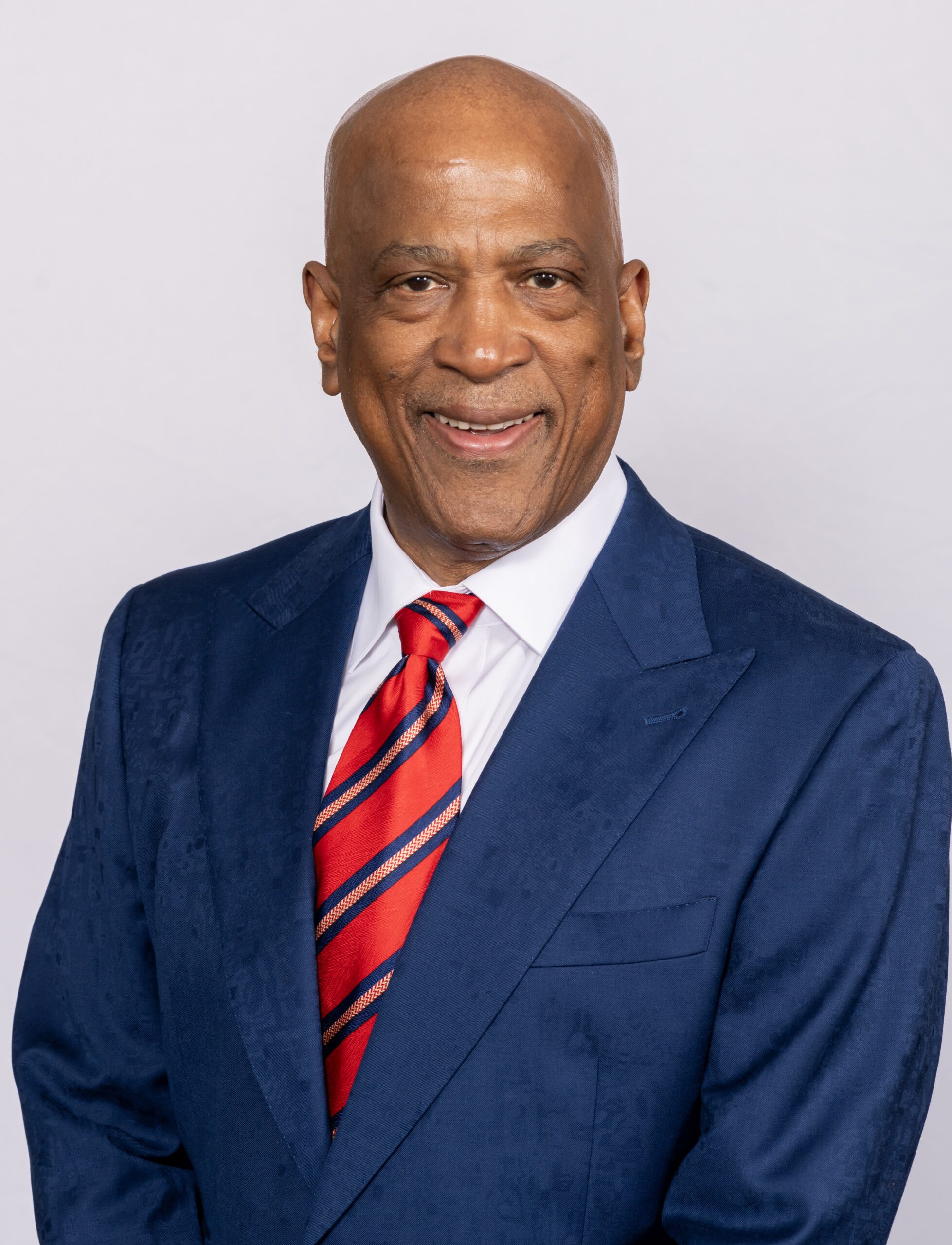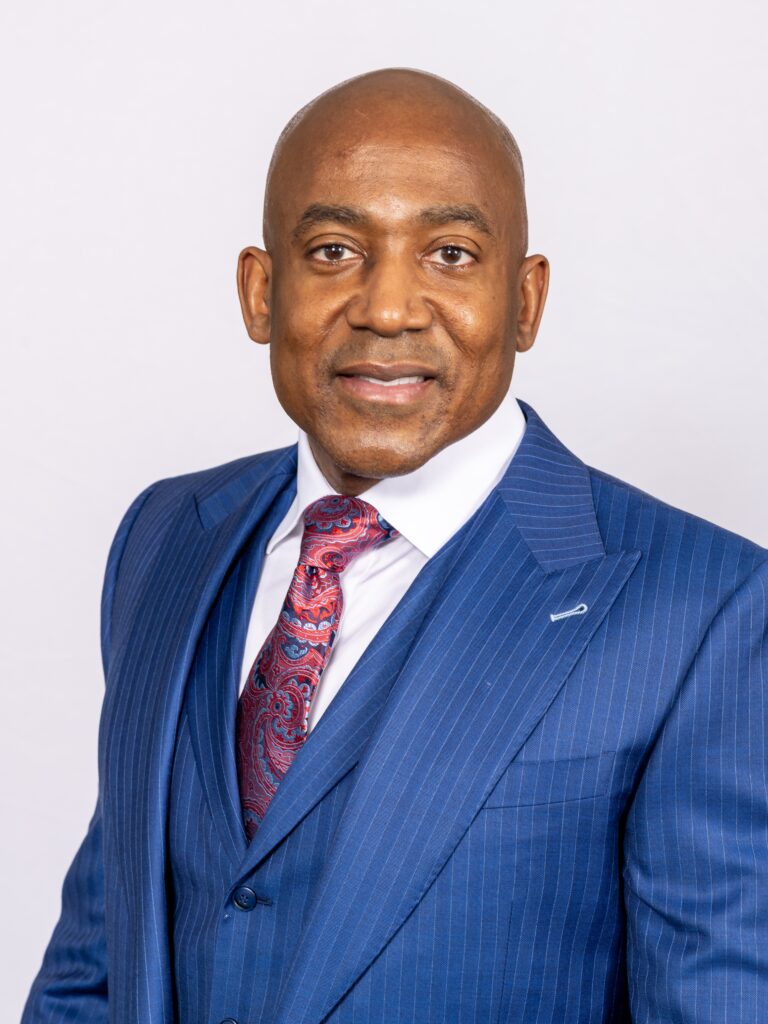Mr. Lovell Glanton and his associates worked with me on my case and they were PHENOMENAL!! There wasn’t a week or month that went by that I wasn’t fully aware of how my case was going. They kept me updated, asked me what I was comfortable with and wanted to do, I was treated with the upmost respect and kindness. This whole experience has been tough but very rewarding. Anytime that I had any questions after business hours I was able to call Mr.Glanton personally and speak with him immediately. They never let my case fall thru the cracks & even educated me on the whole process. THANK YOU SOO MUCH Mr.Glanton, your hard work is very much appreciated and valued. I couldn’t be happier with how everything was handled, very professional business and kind people who work there.

Nashville Defective Drug Attorney
Call us now or schedule a free consultation and we will contact you as soon as possible to discuss your case.

Almost 3 in 5 Americans take a prescription drug, meaning that about 60% of all U.S. adults over 20 use a prescription drug. These drugs go through a lengthy approval process by the Federal Drug Association (FDA) before the reach consumers, and patients trust that drugs prescribed by their doctors are safe and will have the intended effects.
But thousands of drugs are recalled every year, affecting millions of prescriptions and causing serious injuries to some patients. Unknown side effects, manufacturing errors, and improper labels can all pose serious dangers to the patients taking the affected drugs.
Drug Approval Process
Prescription drugs go through a lengthy approval process before they reach the doctor’s office. When the FDA approves a drug for commercial use, it means the benefits of the drug outweigh the risks to the patient taking the drug.
The first step of the approval process involves animal testing of the drug, completed by the drug manufacturer. If the drug is found to be efficient, the company files an application with the FDA. The drug manufacturer then begins three levels of progressively bigger clinical trials of the drugs on patients.
If the trials are successful, the FDA reviews labeling information of the drug along with the facilities where the drug will be produced and approves the drug.
After a drug is approved, it becomes the responsibility of the drug manufacturer to monitor the safety of its drug and to submit recurring safety updates.
Recalls and Defective Drugs
When a drug is found to be defective—when it stops functioning as it should and causes harm to patients—the FDA begins the recall process. There are four main reasons drugs are recalled by the FDA:
Defective Design
Defective design means that a drug had fundamental flaws when it went on the market and does not accomplish its intended use in patients. A defective design in a drug might mean that extended use causes harmful side effects that could have been avoided, or could mean that the drug manufacturer could have designed the drug different to keep patients safer.
Injurious Side Effects
Some drugs are recalled because new, dangerous side effects or drug interactions are discovered about the drug. A drug may increase the risk of heart attacks, or of internal bleeding, or might have a previously unknown interaction with another common drug.
Defective Manufacturing
Defective manufacturing refers to an error that occurred during the manufacturing process. Defective manufacturing errors mean the drug is properly designed, but that something went wrong on a manufacturing site. Manufacturing errors can include contamination at a manufacturing site, use of wrong materials, failed quality checks, or shipping errors.
Defective Labeling or Failure to Warn
The drug approval process by the FDA includes an evaluation of the labeling used on a drug. Still a surprising 33% of all medication errors and 30% of all deaths from medication errors are the result of poor labeling on drugs. Poor or deficient labeling of drugs might include:
- Missing information like the name of the product, strength, form of dosage
- Bottles or containers that look similar to medication from a different manufacturer
- Use of distracting labels and images
- Important information is too difficult to read, due to font or another design element
Recalls can effect a few hundred patients or millions of patients. In 2010, Johnson & Johnson recalled 43 over-the-counter drugs fro children including Tylenol, Motrin, and Benadryl after complaints of unusual odor and color. The company discovered that one manufacturing facility experienced errors that lead to imbalances in the ingredients in some of the drugs. The recall spanned 12 countries and over 136 million bottles of the liquid children’s medications.
Notifying Public about Recalls
There are many ways the FDA and drug manufacturers work to notify doctors and patients about drug recalls. The FDA performs recalls by classifying the type of recall as follows:
Class I—it is very probable that the use of the drug or exposure to the drug will cause dangerous and permanent health consequences or death
Class II—use of or exposure to the drug may cause medically reversible side effects with remote chance of death
Class III—use of or exposure to the drug is unlikely to cause adverse side effects
The manufacturer of the drug often directly notifies every group that has bought the drug directly from the manufacturer including wholesale accounts and drug stores. For these direct notifications the drug manufacturer will inform the reseller on what to drug after they have stopped distributing, and what to tell patients and customers about the drug recall.
The FDA maintains a running list of recalled drugs and medical devices that is available to the public. The list usually reports only Class I recalls, but patients can also check the Enforcement Reports for further information about Class II and Class III recalls.
Defective Drug Liability
There are a number of entities that can be held liable for injuries from defective drugs:
The drug manufacturer, Drug manufacturers can be held responsible if the defect was a result of withholding information from the FDA, of negligent manufacturing facilities, or generally if the defect was related to the development and creation of the drug
Laboratory, laboratories can be held responsible if they misrepresented information or made errors during the drug’s clinical trials for approval
Drug/Pharmaceutical sales representatives, sales representatives can be held responsible if they misrepresented the use and purpose of the drug
Health care facility and pharmacists, if a health care facility or a pharmacist was involved in an error of distribution or labeling it can be held responsible for injuries
Doctor, if a doctor knew about a recall or defect in a drug but prescribed it anyway, the doctor can be held liable for injuries
Recent Defective Drugs
Some recent drug recalls include:
Lyrica—an anti-epileptic drug that has been associated with increased risk of suicidal thoughts
Abilify—an antidepressant that has caused compulsive behaviors in some users
Lipitor—a cholesterol drug that has been linked to increased Type 2 diabetes
Zithromax or Z-Pak—an antibiotic that is linked with serious cardiovascular problems
Yasmin or Yaz—birth control pills have that been linked with increased cardiovascular problems and blood clots
Fosamax—an osteoporosis drug that can lead to increased bone fractures and osteoporosis of the jaw
Lexapro—an antidepressant that has resulted in a high rate of birth defects
GranuFlo—a dialysis treatment that has been shown to increase the risk of cardiac arrest
Tennessee Defective Drug Attorney
If you or a loved one has suffered a serious injury as a result of a defective drug and would like your case evaluated, call the Law Offices of Luvell L. Glanton at (615) 244-4511 to schedule a free consultation and begin your case.
Get a Free Consultation

Experienced Personal Injury Attorney
With more than 35 years of experience, Nashville injury lawyer Luvell L. Glanton has kept an unparalleled passion for the practice of law. His experience and record of success has helped him build a successful practice that is based on referrals from satisfied clients. He can help you gain an understanding of your rights and what legal remedies are available to help you achieve maximum compensation for your long-term needs.

Personal Injury Attorney
Combining medical expertise with legal advocacy, Nashville injury lawyer Dr. Luvell Glanton Jr. brings a unique dual perspective to personal injury and medical malpractice cases. As both a practicing physician and attorney, he offers clients an unmatched understanding of complex medical issues that few lawyers can provide. His medical background in interventional pain management combined with his successful legal career demonstrates his commitment to fighting for victims' rights and the compensation they deserve.